Road pricing edges closer – despite doubts over its efficacy
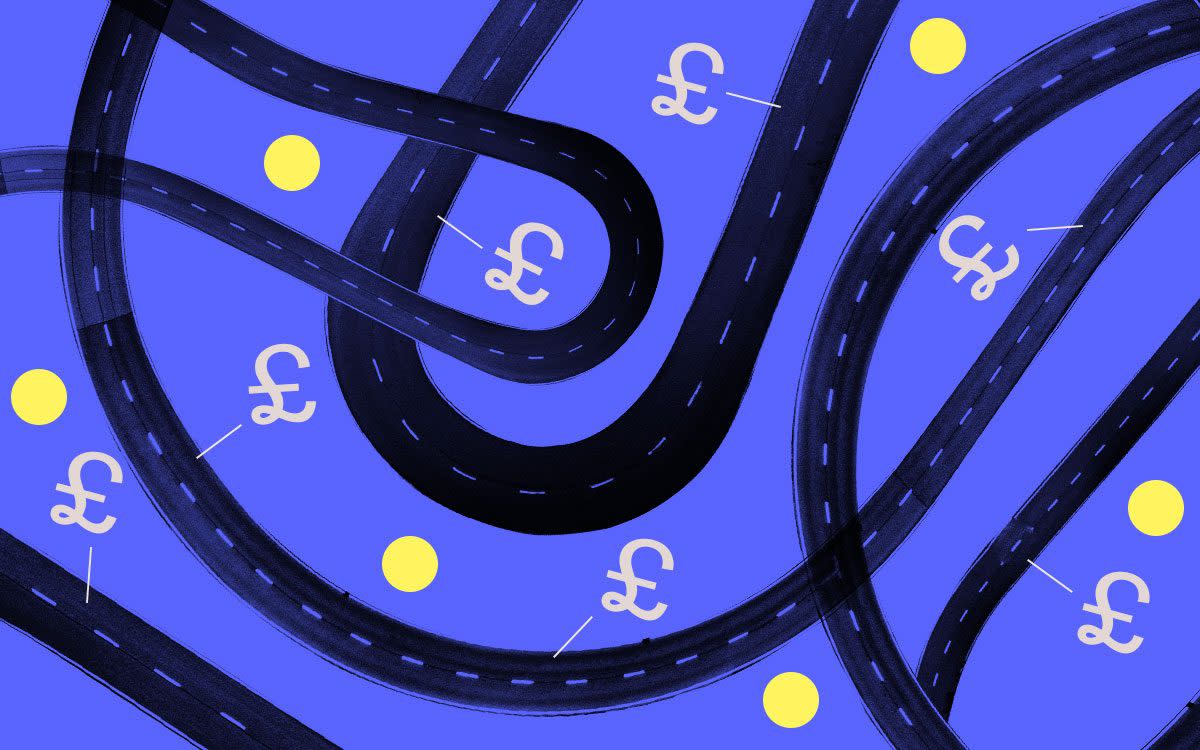
Are we being railroaded down a path to road pricing? Certainly, a series of recent reports, leaks, studies and pronouncements have seen Margaret Thatcher’s famed There Is No Alternative (Tina) justification striding across the land once more.
The latest is a report by the government-backed National Infrastructure Commission (NIC), which warns ministers against a “wait and see” approach towards encouraging drivers to switch to public transport.
The report states that low-traffic schemes and congestion charges should be introduced outside London and road tolling should be rolled out at a local as well as national level.
It’s hardly scientific, but is it true? Is there really no alternative other than a spy in the cab and payment per mile for every vehicle and driver in Britain? The justification, such as it exists, is the loss of up to £35 billion to the Treasury as electric vehicles (EVs) start to replace the existing 36 million vehicle parc of private cars and vans.
While petrol and diesel currently attract road transport duty at a rate of 52.95 pence per litre with 20 per cent standard rate VAT on top of that (in other words, you pay tax on the tax), the Government doesn’t differentiate between domestic and road transport electricity and so it attracts no road-fuel duty and only five per cent VAT. That fossil fuel road fuel duty goes straight to the Treasury and is not hypothecated so, as well as roads, it pays for education, defence, health and so on.
In a new world of electric cars, the tax gap could be huge and there’s a chorus of calls for road pricing, but is it the only solution?
There is no alternative
While some of this “debate” has undoubtedly come in the form of Government leaks, there’s also a loose coalition of interested parties calling for road pricing. Highly vocal electric vehicle charging companies are keen to encourage the idea that EV driving can be virtually tax-free; used car auction websites are pushing electric vehicles; insurance companies already use vehicle telemetry to track speed, time and location of often very young drivers; wildly over-optimistic technology providers are keen to get in on the act; and some environmental groups which rather like the idea of restricting traffic by price.
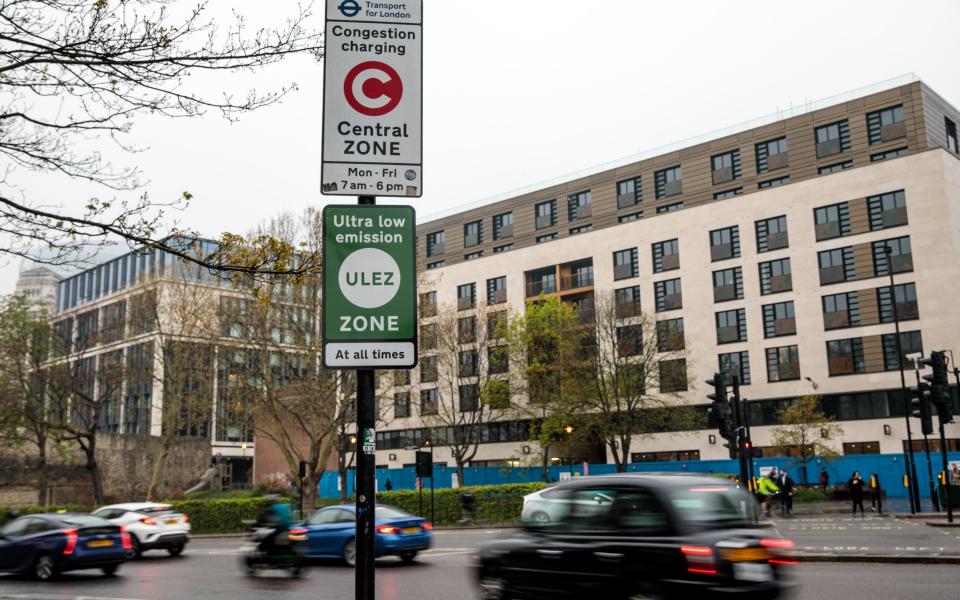
“Most motorists think ‘pay per mile’ is the fairest form of tax,” trilled a recent report based on the votes of less than a third of 521 self-selecting website visitors...
Or take the recent report from the Transport Select Committee, which headed up its contribution “Road pricing: act now to avoid a £35 billion black hole in tax revenue”. This 11-strong committee with a Conservative majority invited submissions and recently released its findings that increased sales of EVs would reduce Treasury revenue “because neither fuel duty nor vehicle excise duty are currently levied on electric vehicles”.
It went on: “Without reform, policies to deliver net-zero emissions by 2050 will result in zero revenue for the Government from motoring taxation.”
Scanning the report and its build-up literature, there was little research around the subject and the whole thing appeared something of a fait accompli.
Speaking to the Centre For Policy Studies in the run-up to publication, Huw Merriman MP, chair of the Transport Select Committee, appeared to have made up his mind and unleashed the ‘Tina’ argument in what he called a process of “original thought”.
“I can’t see any other option, bar technology and telematics,” he told his interlocutor.
But is that particularly original and, more importantly, is his assertion true?
Road pricing – the idea that refuses to die
Certainly road pricing is hardly new, as we detailed a couple of years ago, travellers on the road between Babylon and Susa in 668BC were charged a fee and there have been road pricing schemes ever since. These included Britain’s hated Turnpike Trusts, established after legislation in 1700 and disbanded after the widespread introduction of the railways, when they were seen as an inefficient brake on development.
Road pricing is an idea that refuses to die. Ever since Reuben Smeed and his eponymous 1964 road-pricing report, the idea of allocating scarce resources (road space) with the price mechanism has a classical economic yet naïve simplicity and is beloved by academics, utopians, technologists and environmentalists.
It isn’t much liked by the public, however, who value one of the last great freedoms of the open road; freedom of association and to visit friends and family uncoerced, unfettered and unmonitored have previously been sacrosanct. Indeed, some politicians have encouraged economic migration within the UK.

Even the 2006 pro-road pricing Institute for Public Policy Research report admitted that “despite a broad ‘elite’-level consensus on the principle of road pricing in the UK, public attitude arguably remains the key barrier to its introduction”.
There were calamitous attempts to introduce a pay-per-mile scheme in 2004 in Edinburgh by Alistair Darling and Professor David Begg, but undeterred they tried equally disastrously to introduce the scheme in Britain before it was scrapped after public outcry in 2007. The scheme attracted widespread opposition and a 1.8 million-signature opposition petition. In the end, prime minister Tony Blair threw in the towel, admitting the scheme was “kamikaze politics”.
Not only political
And it isn’t only political, either. The hardware and software required to monitor all UK traffic movements would be unbelievably difficult to engineer and the UK’s history on smaller mass computerisation schemes is littered with hybris, overambition and cost overruns – “World Beating” Test & Trace, anyone?
Moreover, the records held at the UK’s Driver and Vehicle Licensing Agency (DVLA) are known to be flawed, so what about the unregistered and uninsured drivers who would bypass such a system?
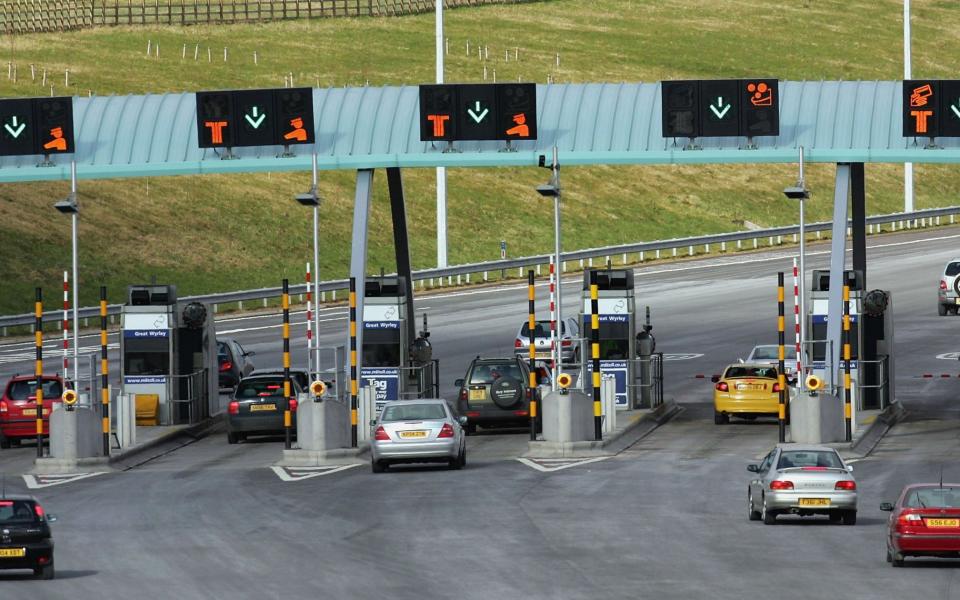
Proponents of road pricing point out that mobile telephones, fitness trackers and even credit cards monitor our movements, but there is a general unease about the idea of tracking our every journey. Road pricing has been likened to an Orwellian Big Brother scheme, especially after the data harvesting habits of the UK and US secret services revealed by Edward Snowdon.
There are also societal concerns about the effect of road pricing on older and poorer folk, those living in rural areas (or without the benefits of an MP’s expense account) who might be priced and frightened off the roads, as well as the creation of digital rat runs. And do we really trust politicians not to use it as a revenue-raising device as has been done in Norway?
Reports in favour of road pricing
Recent reports from the Institute for Fiscal Studies, the Automobile Association and the Parliamentary Transport Select Committee are all broadly in favour, however, and last year the Treasury floated the idea to some journalists.
“Certainly, we know the Government wants to have a debate about it,” says Edmund King, Automobile Association president, yet even he agrees that no politician wants to have their name linked with road pricing – which could yet prove a poll tax on wheels.
Witness Grant Shapps, the transport secretary, on BBC Radio 4’s Today programme on 25 March this year. The Tesla-driving cabinet minister is normally keen to give us the benefit of his opinions and is effusive in his support of electric cars, yet when questioned about his views on road pricing he twisted and turned, seemingly unwilling to give his opinion. Time and time he kicked the can down the road, saying: “This is one for the Treasury to decide.”
London mayor Sadiq Khan likes the idea, largely because it helps subsidise the capital’s public transport fares, which are so crucial to a mayor’s election prospects. He concluded an explanation for next year’s second expansion of the ULEZ charging zone to include most of greater London by saying he’d prefer a road-pricing scheme and will continue to explore the possibility.
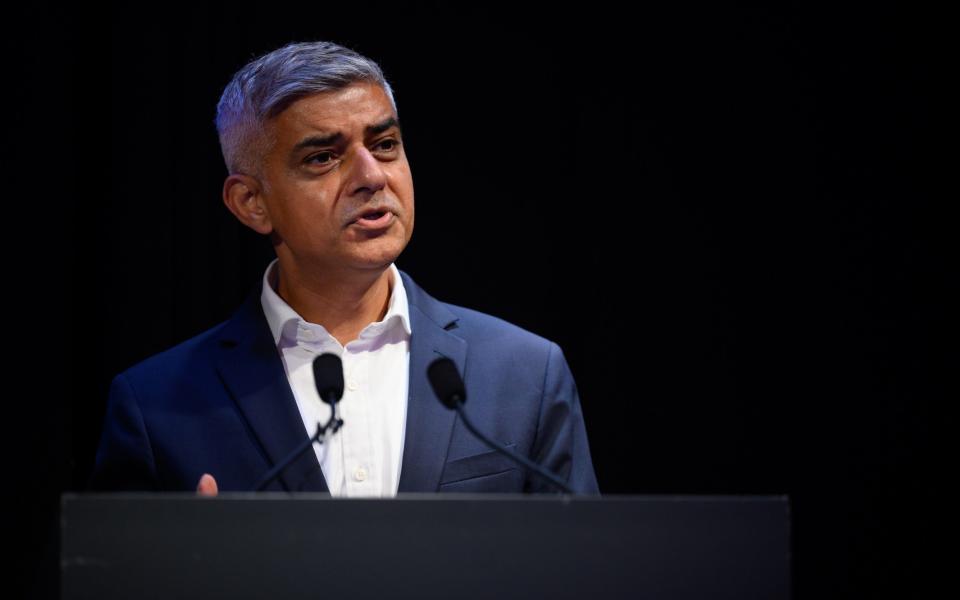
Yet there’s more than London’s lungs at stake in Khan’s eagerness to introduce a capital-wide road pricing scheme. As the AA’s King points out, Khan is also concerned that if a nationwide road pricing scheme was introduced before his, it would be the Treasury rather than Transport for London which would benefit.
Indeed, the Transport Select Committee tacitly acknowledges the unseemly scrap to introduce local road pricing schemes.
“The devolution of road pricing to local areas could lead to the introduction of clunky, unconnected schemes,” it concludes. “Fuel duty and vehicle excise duty are Treasury taxes that require a national-level replacement rather than a patchwork of incongruous local schemes.”
Mind-warpingly complicated
So road pricing, far from being an equitable and balanced allocation of road space, looks far more like pork-barrel politics along with a technology providers’ gold rush and a legislator’s nightmare.
The trouble is vehicle tax has to do so many things at the same time and some of them are not always complementary. To encompass them all, road pricing would have to be mind-warpingly complicated and expensive. To reduce congestion, every vehicle in the country would need to be continuously monitored and charged according to time, position, mileage and traffic density. To prevent rat runs developing, each road will have to have some sort of up-to-date monitoring, too.
To maintain fairness and encourage CO2 reduction, every vehicle would need to be charged according to its emissions, yet because the Government has completely failed to come up with a representative emissions test, plug-in hybrid vehicles (PHEVs) have unrealistic CO2 and fuel economy figures.
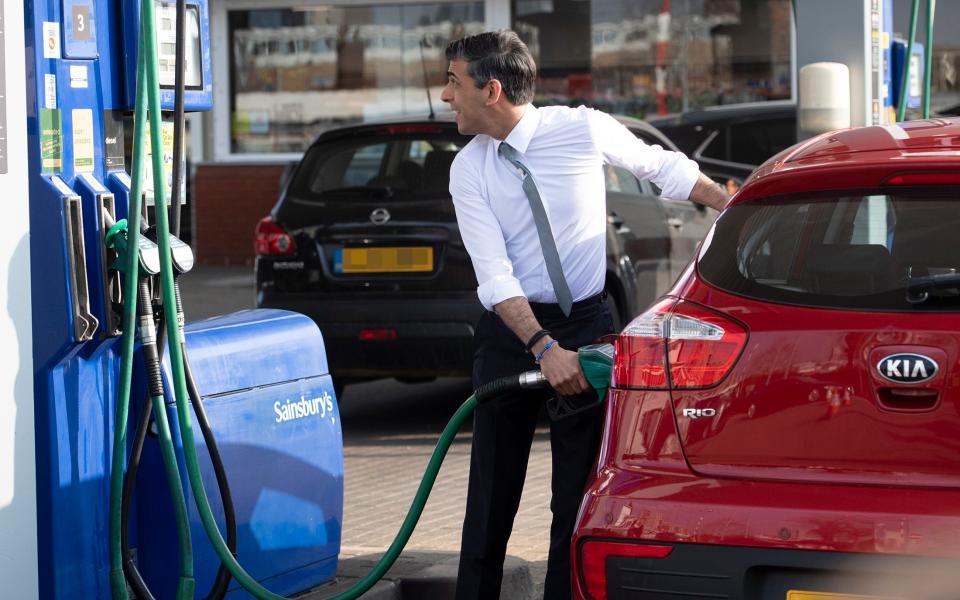
And what about life-cycle emissions, which mean that electric vehicles don’t actually start to come into CO2 credit before they’ve covered a sizeable mileage? Similarly, vehicle weight makes it less efficient so any road pricing algorithm might have to be linked to kerb weight. And what about the new fuels (synthetic and e-fuel) against fossil fuels?
“I don’t like it much,” said Jean-Phillipe Imparato, Alfa Romeo boss, at the launch of the recent Tonale SUV, “but the public voted for the politicians who want it; you vote on Sunday, you get the bill on Monday…”
There is a simpler alternative
Yet there is a simpler way of doing this and that is via the vehicles themselves. Each and every EV already accurately monitors its energy inputs and uploads that data to the cloud in continual bursts. It’s part of the way car makers are developing better batteries and electric vehicles – and that energy data could easily be transmitted to any Government department in whatever form it requires. Each vehicle has a V5 registration document attached to its number plate, so a bill could be sent out to its keeper with its usage measured per kilowatt hour per month.
It would take some organising but unlike road charging, which would cost billions to set up, that energy information is already there and available. It would also be a tax on efficiency, which electric cars drastically require. Exactly why should a high-performance Tesla or Porsche be liable to the same amount of tax as a Vauxhall Corsa-e which uses far less electricity, as would be the case with road pricing?
Sure, electricity charging companies won’t like it because it taxes their electricity in the same way as hydrocarbon fuel is taxed, but seen in the round, the two taxes would complement each other; they are both taxes based on fuel consumption, which encourage more fuel-efficient vehicles.
A measure of how feasible this is came recently from Vincent Cobee, the boss of Citroën, who a decade ago when heading up Mitsubishi sought to deflect criticism of the PHEV Outlander by offering to supply Her Majesty’s Revenue and Customs data on which cars had their batteries regularly charged and by how much. The offer was never taken up. “We could do the same with electric cars,” he said at the launch of the Citroën C5X in March. “It would also be safer for the individual because we don’t necessarily know where the vehicle is”.
That same month, Carlos Tavares, the boss of the Stellantis, the world’s sixth-largest carmaker, affirmed that he could provide such recharging data from the Group’s full battery and plug-in electric cars to the DVLA or HMRC for taxation purposes: “We can give [them] the tools, no problem,” he said.
So, there is an alternative, but few seem to want to hear it and seem determined on introducing a complex, regressive, oppressive and unfair system. Such a system would also be one of the most expensive and complicated Government IT projects, to rival those of Universal Credit, the Ministry of Justice Tagging system, the NHS National Program for IT, or the Post Office Horizon scheme. Just look at how well all those have turned out…
For new and used buying guides, tips and expert advice, visit our Advice section, or sign up to our newsletter here
To talk all things motoring with the Telegraph Cars team join the Telegraph Motoring Club Facebook group here

 Yahoo News
Yahoo News 
